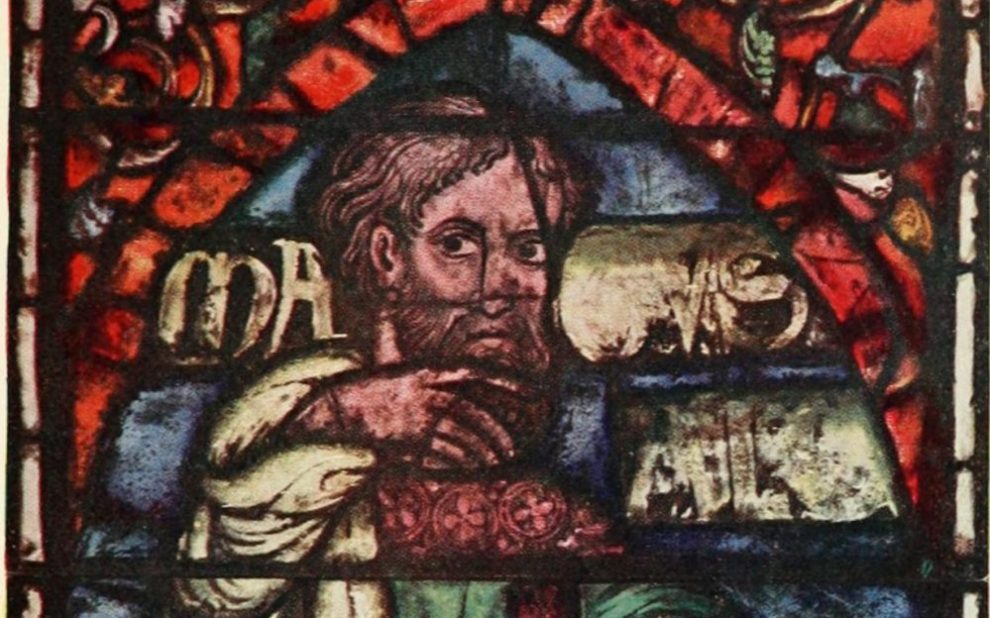People lived longer back in the days before the great flood in Genesis, so the story goes—a lot longer. The implication is that, closer to the bestowal of the divine likeness on the first couple, mortality was a longer-term proposition. This original blessing is passed on through firstborn sons for 10 generations from Adam to Noah, most of whom live nearly a millennium. Then the good old days end, as a corrupt humanity is nearly washed away in the flood. Another 10 generations of firstborns live only between 200 and 600 years, after which the fabled time of extreme vitality comes to an end.
The record of the long-lived is found in Genesis Chapter 5. Adam lives to be 930, though nothing is said of Eve—typical of biblical genealogies concerned with patriarchal lineage. The longest-lived supercentenarian is Methuselah at 969. The shortest is Enoch at 365, whose years echo the solar year. Enoch’s relatively short span is linked to his closeness with God; it seems that God “took” him while he was still intimate with the divine ways. Lamech lives to be 777, after bragging he’d avenge himself 77 times for an injury he suffered. His years imitate his boast.
Lamech’s son Noah is the final super-ager, dying at 950. In Hebrew, Noah is “favor” spelled backward. He’s the last of those who bear the original blessing before the flood.
No supercentenarian achieves a full millennium, a reminder that immortality is denied outside of Eden. Even the great Abraham dies at 175. Moses lives to 120, the limit God sets on mortality (Gen. 6:3) as a deterrent to how much damage a sinful humanity can accomplish.
The longest-living women noted in scripture are Abraham’s wife Sarah (127), Isaac’s wife Rebekah (about 120), Moses’ sister Miriam (125+), and the prophet-judge Deborah (130).
In Genesis Chapter 6, humanity’s corruption worsens after some mysterious celestial beings—angels, or aliens if you prefer—consort with the “comely” daughters of men. The blurring of heaven and earth is always taboo in Genesis. Don’t eat the fruit that bestows divine knowledge. Don’t build towers mounting into the heavens. When the celestial ones have offspring with humans, God sets limits on longevity altogether.
Parallels to the fabulous biblical ancients exist in a Mesopotamian list of Sumerian kings, which lists rulers who live into the tens of thousands of years. Their disappearance is likewise attributed to a great flood, so legendary antediluvians are an established pattern in storytelling. Buddhism, Islam, and other religions also tell of astonishing super-agers in olden days. Bible literalists attribute such longevity to better diets or a more protective firmament over the sky. Some translate the 10 generations as epochs rather than individual lifespans. Most scholars, however, agree that biblical longevity is less a historical fact than a theological point: Sin kills. Psalm 90 is realistic about what we can expect: “Seventy is the sum of our years, or eighty if we are strong” (90:10). Life is short. Don’t waste a moment of it.
This article also appears in the July 2024 issue of U.S. Catholic (Vol. 89, No. 7, page 49). Click here to subscribe to the magazine.
Image: Wikimedia Commons/Stained Glass of Methuselah in Canterbury Cathedral















Add comment